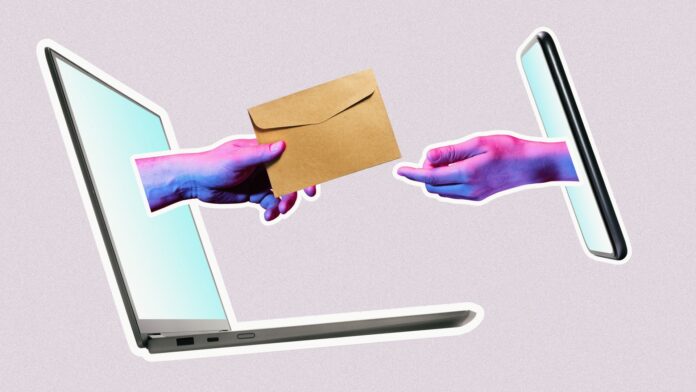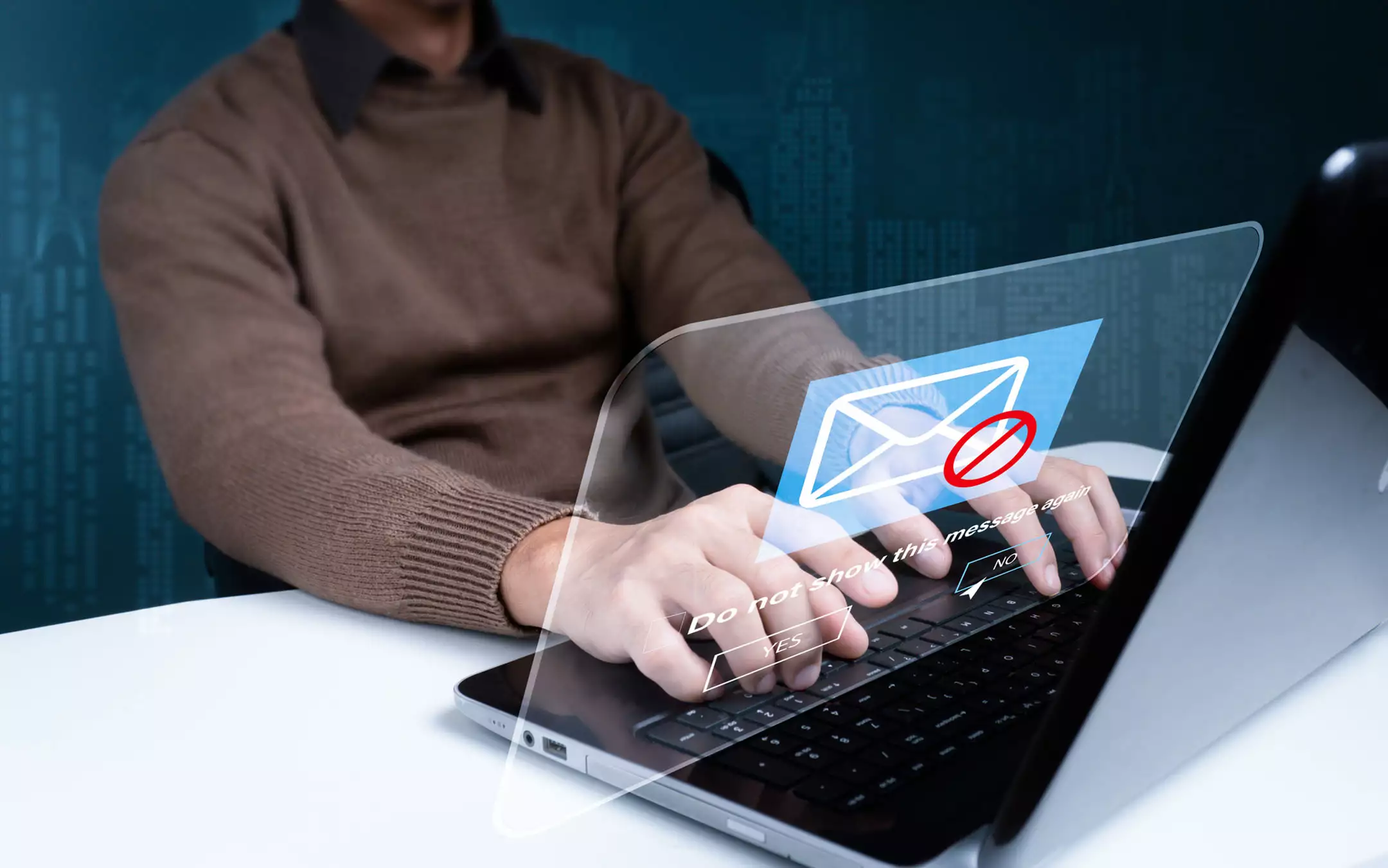Large corporations have undoubtedly sent you emails that are marked “no reply” in the past. Why do they do it, though? This article will examine the pros and cons of “no reply” emails used by large corporations, as well as their effects on us. We often anticipate being able to respond to emails and have conversations with the senders when we get them. Some businesses, particularly big ones, however, decide to send emails from a “no reply” address. This indicates that if you try to reply to the email, no one will get it.
By the way, if you are interested in “No Reply” Emails, then here are some useful articles – Selzy, and Hubspot.
Why do big companies opt for “no reply” emails?

Let’s delve into some reasons behind this practice:
Efficiency and Scalability
Let’s take a closer look at how large companies like Amazon utilize “no reply” emails for order confirmations and shipping notifications. As one of the world’s largest e-commerce companies, Amazon processes an immense number of orders and shipments on a daily basis.
They may streamline their processes and guarantee timely delivery without having to deal with consumer answers for every email they send by sending these emails from a “no reply” address. The usage of “no reply” emails is a workable approach for preserving efficiency and scalability in their operations since managing such a huge number of client contacts would be exceedingly difficult and time-consuming.
Sender Reputation and Email Deliverability
An example of a company that leverages “no reply” emails for sender reputation and email deliverability is PayPal, a prominent online payment service provider. When PayPal sends transactional notifications and security alerts, they often use a “no reply” address. This strategic choice is made to ensure that these important emails reach recipients’ inboxes reliably, without being flagged as spam or ending up in the junk folder.
PayPal can retain its sender reputation and raise the likelihood that its communications will reach the intended recipients without any deliverability concerns by forbidding recipients from reacting to these emails. It enables them to provide important information in priority while lowering the possibility that their emails will be wrongly classified as spam or undesired.
Standardized Communication

Netflix, a widely used streaming service, adopts the practice of sending account-related emails, such as password reset instructions and subscription renewal reminders, from a “no reply” address. This approach enables them to uphold a standardized and controlled communication process. By utilizing a “no reply” email address, Netflix ensures that its brand messaging remains consistent and intact throughout all customer interactions.
They are able to communicate in unison and give precise instructions or reminders without the risk of sending confusing signals that may result from personalized responses. This consistent method supports their brand identification and guarantees a consistent consumer experience throughout all email conversations.
Protecting Data Confidentiality
It’s also worth mentioning data protection in the “no reply” emails question. Since companies with the help of such letters can help you protect your data. For example, you will be saved from unintentionally disclosing important information simply by limiting direct responses to emails. This will increase the security of your information and enhance your privacy.
Legal Compliance
An important aspect of “no reply” emails is that they help comply with the laws in some financial institutions as well as in the healthcare industry. There are requirements for controlling data exchange.
Communication Structure
Another important aspect of using “no reply” emails is the establishment of a clear communication hierarchy within companies. By utilizing “no reply” addresses, companies can direct customer inquiries and concerns through designated channels, ensuring that they reach the appropriate departments or personnel for handling. This communication hierarchy helps streamline customer service processes and enables companies to provide more efficient and effective support.
Customer service groups might be assigned to respond to questions through in-app conversations or requests made through specific support channels, for instance. These experts possess the necessary knowledge and resources to provide thorough responses. Additionally, the use of “no reply” emails helps ensure that these responses are delivered in a timely manner.
Some Downsides for Us as Recipients

Certain drawbacks for recipients:
Limited interaction
A practical example of limited interaction due to “no reply” emails is seen in the case of Uber, a prominent global ride-hailing service. When we receive a “no reply” email from Uber, it indicates that we cannot directly reply to the driver or reach out to customer support by responding to that email.
This approach allows Uber to manage and prioritize customer interactions efficiently, ensuring that the appropriate channels are used for specific types of communication. While it may limit the direct responsiveness of email exchanges, Uber provides alternative avenues for immediate and personalized assistance through their dedicated support platforms.
Impersonal Experience
Emails from Airbnb are often sent as “no reply”. They use these emails to confirm the booking. Such a letter gives the client the idea that he is far from the only client. And that personal communication with the owner is not expected.
For the recipient, this can also be a bonus, as you don’t have to conduct a direct dialogue. But the Airbnb service provides alternative communication through other channels, such as the chat system built into the application, in which you can already ask questions that excite you or solve problems that may appear.
Сonclusion
Now we can conclude that large companies like Amazon, PayPal, Netflix, Uber, and Airbnb are using “no response” to increase efficiency and scalability. And also to maintain a positive reputation for the sender. Due to the high volume of emails, these companies streamline their process with “no reply” emails. But this decision leads to the fact that the interaction with the client is reduced and leads to poor acceptance of these types of emails.









